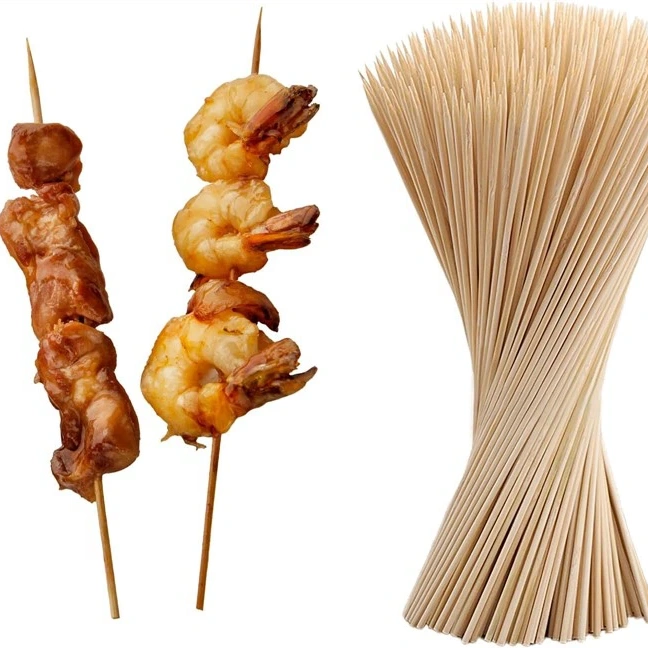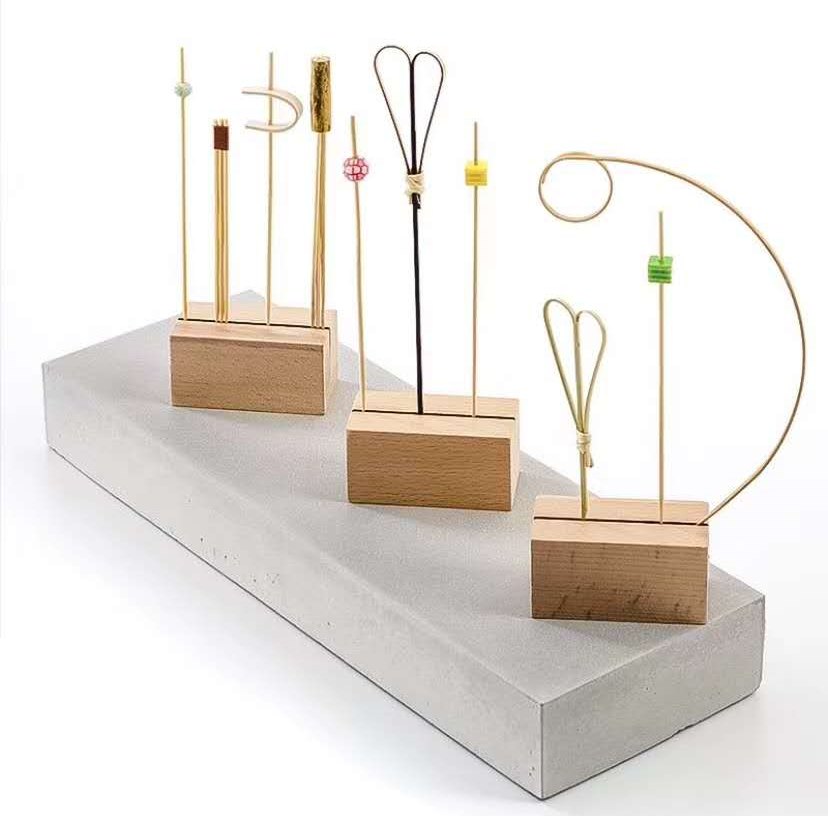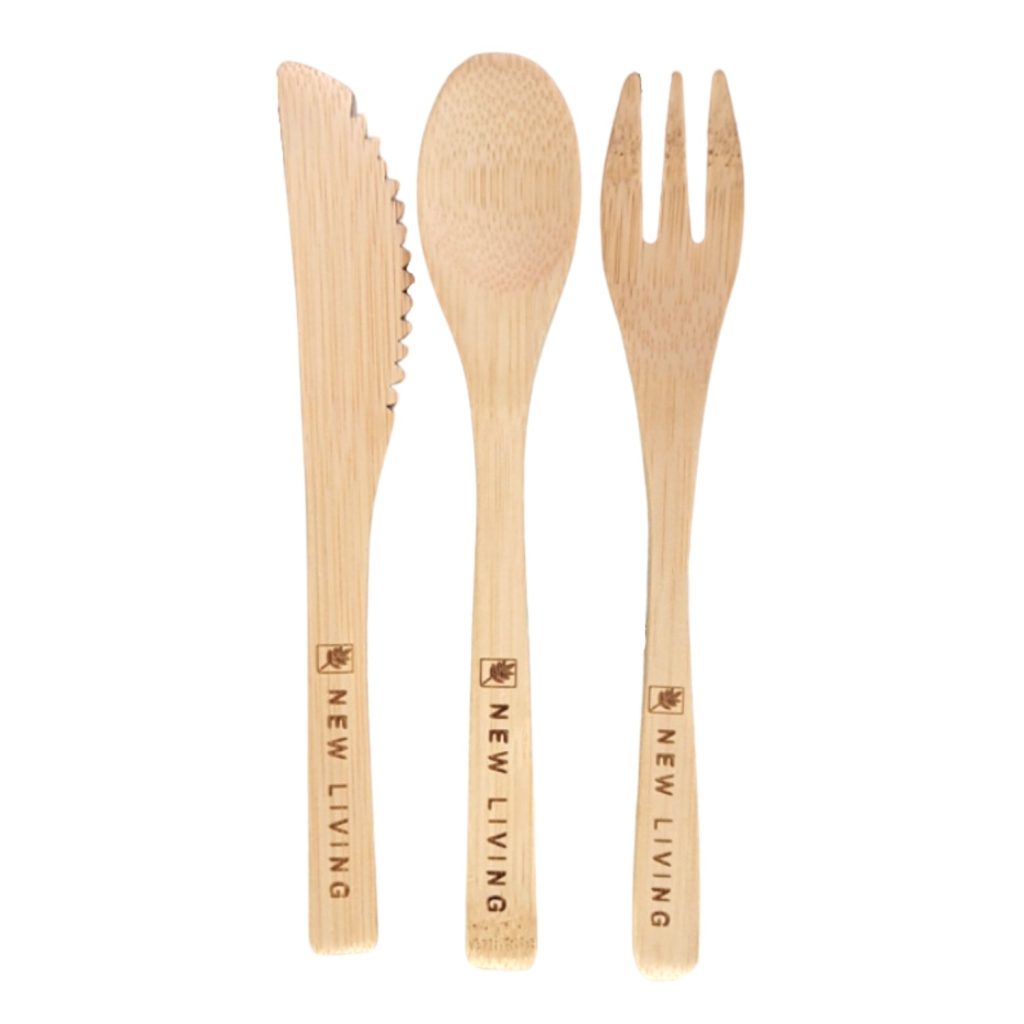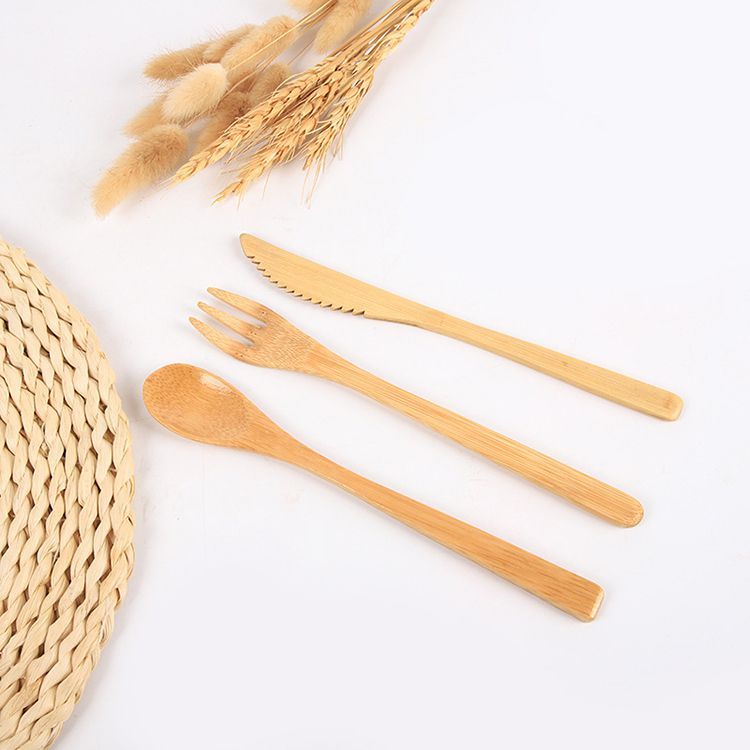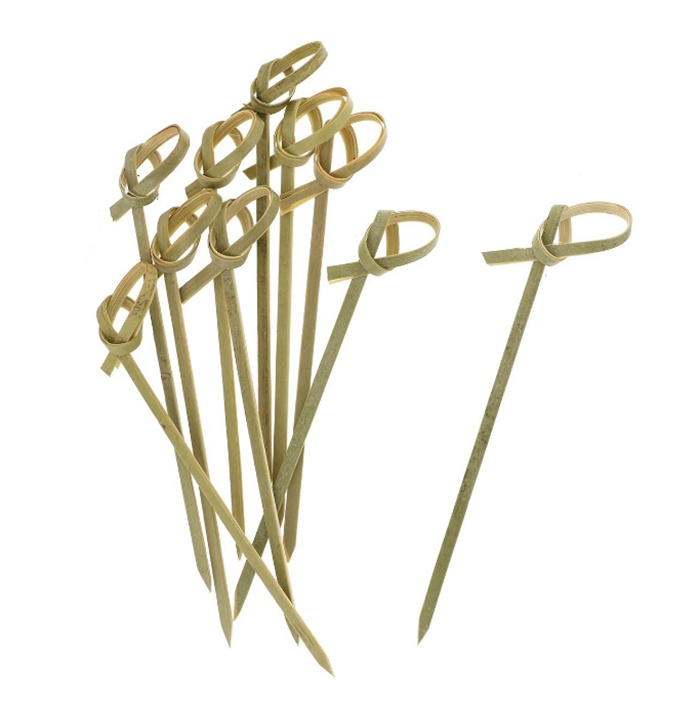Are Bamboo Skewers Safe for Barbecue?
Bamboo skewers are generally safe for barbecue when used correctly, but their safety depends on addressing key risks like burning, splintering, and food contamination. Below is a detailed breakdown of safety considerations and best practices to ensure a hazard-free grilling experience.
1. Key Risks to Address
Before using bamboo skewers, it’s critical to understand potential dangers and how to mitigate them:
- Burning and Charring: Bamboo is highly flammable, especially the thin, dry skewers commonly sold in stores. When exposed to high grill heat (350–500°F/175–260°C), unsoaked skewers can ignite, burn, or char excessively. Burnt bamboo may release unpleasant smoke, impart a bitter taste to food, and in extreme cases, break mid-cooking (causing food to fall into the grill).
- Splintering: Low-quality or dry bamboo skewers are prone to splintering, both when piercing food (risking splinters in your hands) and when eaten (risking splinters in the mouth or throat). This is especially dangerous for children or anyone eating quickly.
- Chemical Contamination: Some mass-produced bamboo skewers may be treated with chemicals (e.g., pesticides, preservatives, or bleaches) during processing. If these chemicals are not properly washed off, they can leach into food when heated, posing health risks.
2. Step-by-Step Safety Guidelines
Follow these practices to use bamboo skewers safely:
A. Choose High-Quality Skewers
Opt for skewers labeled “food-grade” or “untreated” to avoid chemical residues. Look for:
- Thicker skewers (at least 4–5mm in diameter): They are more durable, less likely to bend or break, and burn slower than thin ones.
- Smooth surfaces: Avoid skewers with rough edges or visible cracks, as these are prone to splintering.
- Reputable brands: Avoid cheap, unbranded skewers from unknown sources, which may have hidden chemical treatments.
B. Soak Skewers Before Grilling (Non-Negotiable!)
Soaking is the most important step to prevent burning. Submerge skewers in cold water for at least 30 minutes (or up to 2 hours) before use. The water saturates the bamboo, slowing down combustion and reducing the risk of burning or charring. For extra protection, you can add a splash of olive oil or vinegar to the water—this helps seal the bamboo and adds a subtle flavor.
C. Prepare Food Properly
- Cut food into uniform pieces: This ensures even cooking and prevents the skewer from bending under uneven weight. For example, cut chicken or beef into 1–2 inch cubes, and vegetables (like bell peppers, onions, or zucchini) into similar sizes.
- Leave space between ingredients: Avoid overcrowding the skewer. Leaving a small gap (about 1/4 inch) between pieces allows heat to circulate, reducing the chance of the skewer burning between food items.
- Pierce food carefully: Hold the skewer at a slight angle and push gently through the thickest part of the food (e.g., the center of a meat cube or the core of a vegetable). This prevents the skewer from splitting or splintering.
D. Grill Safely
- Use medium heat: High heat is more likely to burn bamboo skewers. Keep the grill temperature between 350–400°F (175–200°C) for most foods. If using a charcoal grill, wait until the coals turn gray (not red-hot) before placing the skewers.
- Monitor the skewers: Check the ends of the skewers regularly—if they start to turn black or char, reduce the heat or move the skewers to a cooler part of the grill. You can also wrap the exposed ends of the skewers in aluminum foil to protect them from direct heat.
- Turn skewers gently: Use tongs (not forks, which can pierce the food and cause juices to escape) to turn the skewers every 2–3 minutes. This ensures even cooking and prevents the skewer from breaking due to sudden pressure.
E. Serve and Eat Safely
- Remove skewers before serving (when possible): For foods like kebabs, consider sliding the ingredients off the skewer onto a plate before serving, especially for children or elderly diners who may be at higher risk of swallowing splinters.
- Inspect food for splinters: Before eating, check the food (especially near the skewer holes) for small bamboo splinters. If you notice any, remove them immediately.
3. Alternatives to Bamboo Skewers (If You Prefer Extra Safety)
If you’re concerned about bamboo skewers, consider these safer alternatives:
- Metal skewers: Stainless steel or titanium skewers are reusable, heat-resistant, and never burn or splinter. They are a long-term investment and ideal for frequent grilling.
- Wooden skewers (other types): Hardwood skewers (e.g., maple, oak, or birch) are denser than bamboo and burn slower. However, they still require soaking before use.
- Herb stalks: For small foods (like cherry tomatoes or mozzarella balls), use sturdy herb stalks (e.g., rosemary, thyme, or basil) as natural skewers. They add flavor and are completely edible.
Final Verdict
Bamboo skewers are safe for barbecue as long as you follow proper preparation and grilling steps. By choosing high-quality, untreated skewers, soaking them thoroughly, using medium heat, and monitoring them during cooking, you can enjoy delicious, hazard-free kebabs and grilled foods. For added peace of mind, especially with young children, metal skewers or edible herb stalks are excellent alternatives.

